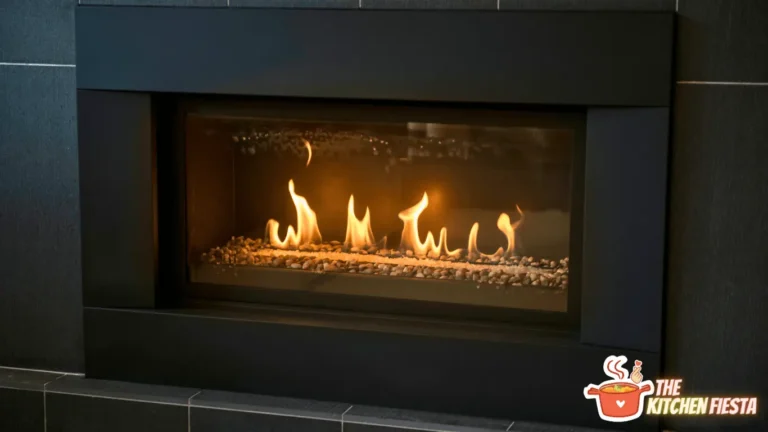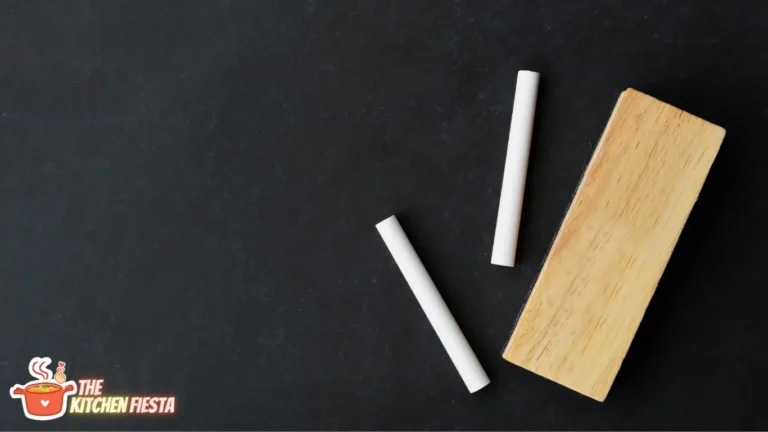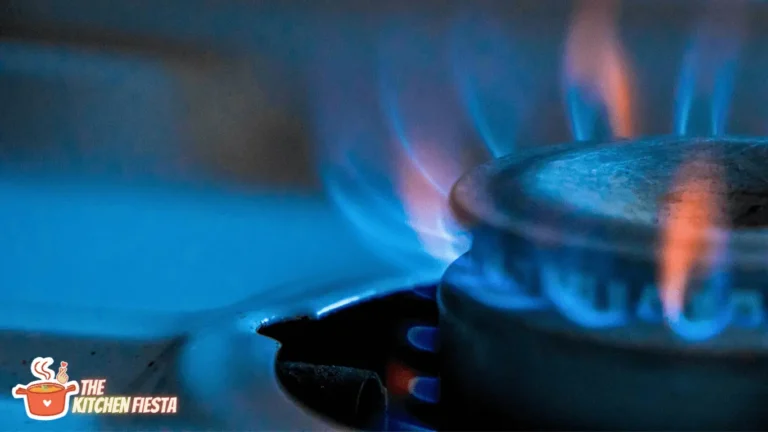How Long To Air Out House After Gas Leak?

Discovering a gas leak in your home can be an incredibly scary and dangerous situation. The good news is that if handled properly, you can air out the natural gas and make your house safe again. But how long should you wait before going back into your home after a gas leak?
This article will dive into everything you need to know about how long to air out your house after detecting a gas leak, from the immediate steps to take to ensure safety, to when it’s officially safe to re-enter your home.
The Answer in Short:
At minimum, you should air out your house for 24 hours after a gas leak. However, it’s best to wait even longer (up to several days) if it was a major leak, or if you still detect a natural gas smell in the home. Only a gas leak repair professional can definitively confirm when it is safe to re-enter.
We’ll cover all the specifics below, including:
- What to do immediately if you suspect a natural gas leak
- How long it takes for leaked gas to dissipate
- Tips for effective ventilation and air circulation
- When it’s safe to re-enter your home after the gas leak
- Steps to take before using gas appliances again
- Preventing gas leaks in the future
Knowing exactly what to do in the event of a natural gas emergency is crucial. A gas leak can have devastating and deadly consequences if handled improperly, so being prepared with the right response is critical.
What to Do Immediately if You Suspect a Gas Leak in Your Home
Natural gas is colorless and odorless, so many utility providers add a “rotten egg” smell to help detect possible gas leaks. If you ever suspect a leak, you should:
- Leave the house immediately – don’t try to locate or stop the leak yourself.
- Call 911 – alerting the fire department is crucial for safety.
- Call your local gas company – they can send a team to inspect and resolve the leak.
- Don’t turn on/off any lights or electrical switches – this can spark an explosion.
- Don’t smoke or light matches – natural gas is highly flammable.
- Don’t use your home phone inside – use your cell phone outside.
- Leave doors/windows open when exiting – helps air circulate gas out.
- Alert neighbors to evacuate the area – gas leaks can impact more than just your home.
Getting yourself and others away from the leak area immediately is the most important step. The fire department and gas company experts will then handle inspecting and resolving the gas leak properly.
How Long Does It Take for Leaked Gas to Dissipate?
Once you’ve evacuated and emergency personnel have addressed the initial leak, you’ll of course be wondering how long it will take for the natural gas to dissipate from your home’s air.
Unfortunately there’s no definitive timeline, as it depends on factors like:
- Size and location of the gas leak
- How well ventilated your home is
- Air currents and weather patterns
For a small leak limited to one room, opening all the home’s doors and windows can sometimes clear the gas within 24 hours.
But for larger natural gas leaks, or leaks occurring in contained spaces like basements or attics, it often takes 48-72 hours for the gas to fully dissipate. Severe leaks may even require up to a week of ventilating the home before the air is safe again.
Since gas rises and diffuses into the air, proper ventilation is key. Running fans, dehumidifiers, and air conditioning units can help accelerate dissipation. But never rush back into the home or assume all the gas is gone based on a timeline alone.
When Is It Safe to Re-Enter Your House After a Gas Leak?
You should always consult gas leak professionals first before re-entering your home. They can test the air quality and confirm it’s safe.
But generally, here are good guidelines for when it may be safe:
- You no longer detect any “rotten egg” gas smell in the home.
- The gas company has tested and given the all-clear.
- It’s been at least 24 hours since a minor leak.
- It’s been 48-72+ hours since a major leak.
- Windows and doors have remained open.
- Gas detectors show normal, safe levels.
Never assume it’s safe to enter just because you can’t smell gas anymore. Long-term exposure to residual gas that’s not detectable by smell can still cause health issues. Get official clearance first.
Safety Steps for Re-Entering Your Home After a Natural Gas Leak
Once you’ve confirmation it’s safe to go back into your home, take these precautions:
- Open all windows and doors first for continued ventilation.
- Check your natural gas appliances for leaks before using them again. A technician should inspect them first.
- Have gas detectors installed throughout your home to alert of any lingering gas.
- Call 911 immediately if you notice the rotten egg smell returns.
- Consider replacing old gas appliances as a precaution.
- Ask your gas company to recheck air quality in the coming days.
You can also hire an indoor air quality testing professional to sample your home’s air to test for any remaining natural gas or combustion byproducts. It’s better to be safe than sorry when it comes to potential gas leak exposure.
Tips for Preventing Gas Leaks in Your Home
While accidental leaks can sometimes happen, you can take these steps to reduce risks:
- Have your gas appliances and pipelines inspected annually by a professional. They can check for leaks and fix any issues.
- Install both natural gas detectors and carbon monoxide detectors. These will alert you quickly to a leak.
- Learn to recognize the warning signs of a gas leak like the rotten egg odor.
- Take any potential gas leaks seriously and act quickly – don’t downplay the risks.
- Make sure your home is properly ventilated, especially around gas appliances.
- Contact your gas company immediately if you suspect any leak.
Catching and addressing leaks early is crucial for staying safe. Stay vigilant in watching for any leak signs.
Conclusion
Dealing with a natural gas leak in your home is certainly an alarming situation. But following the proper protocols, ventilating your home sufficiently, and confirming it’s safe before re-entering will help ensure your well-being.
Always put safety first – get out of the home immediately if you ever suspect a leak. Allow at least 24 hours of ventilation depending on the severity, and get official clearance before going back into the home. And take preventative measures by having gas appliances inspected and installing detectors.
While a gas leak may temporarily displace you from your home, it’s far better than risking the potential catastrophic outcomes of gas exposure. Take all precautions and be patient during the dissipation process. Your diligence will help you breathe easy in your home once again.






